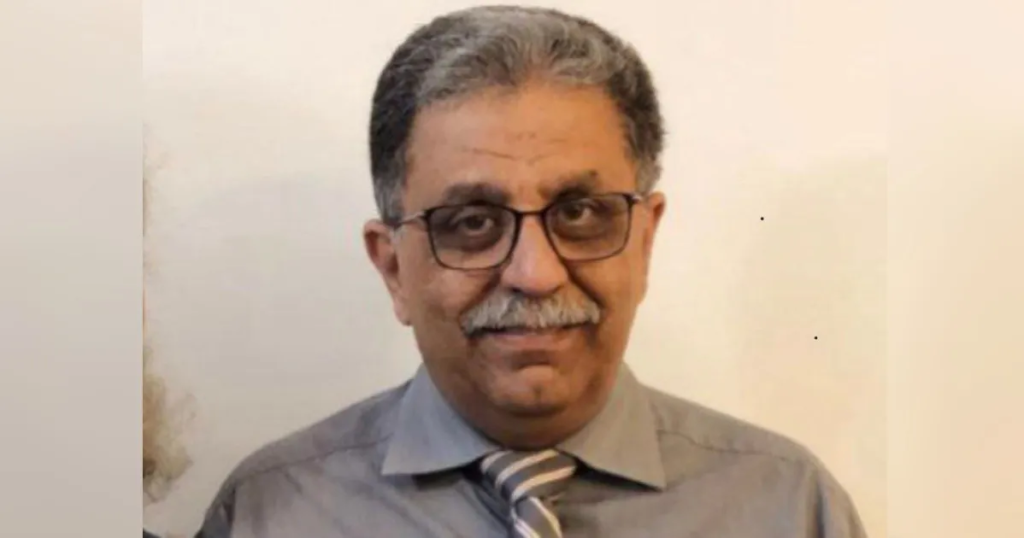Source: iranwire.com

In a letter from Evin Prison, Keyvan Rahimian, a Baha’i psychologist, has painted a stark picture of life in confinement and challenged the Iranian government’s treatment of its citizens.
The letter, Rahimian’s third correspondence from behind bars, examines individual and social freedoms in Iran and the country’s economic hardships.
Rahimian’s latest letter raises questions about the potential for change in Iran.
He asks whether the election of the new president could lead to a reconsideration of the government’s treatment of its citizens and if all Iranians could enjoy equal citizenship rights without discrimination.
Rahimian, a professor at the Baha’i Institute for Higher Education, has a history of arrests and imprisonments.
The following is his letter:
It has been a year since I was arrested and imprisoned in Evin, a year that has been very difficult for me and my family.
Reflecting on the past 365 days, I recall the 45 days I spent in solitary confinement, the 50 days my family and I did not know each other’s whereabouts, the unforeseen challenges faced by Zhina (my daughter) and Ehsan, the worsening of my mother’s illness leading to her death, my trial, and ultimately, the sentence: nine years of imprisonment, six years of deprivation of social rights, and a fine of 50 million tomans; only five years of imprisonment is applicable.
Life in prison has become increasingly challenging with the rise in the number of inmates. For instance, family visits, which used to occur once every five weeks, now happen once every two months or more.
Even basic needs like using the toilet have become a struggle, with 110 people having access to only five toilets (one of which has been broken for two weeks).
The quality of government-provided food has deteriorated, for example, for ghee stew, six chickens are allocated to our ward of about 200 people, and for ragu, consisting of a few carrots and potatoes, only two chickens are provided for the same number of people.
Over this past year, the conditions for me and other prisoners, as well as for social activists outside the prison – both Baha’i and non-Baha’i – have not improved.
Violations of individual and social liberties, discrimination, and numerous social and economic problems continue to afflict society. With the recent changes in the executive branch, I question whether the government can reconsider its treatment of all members of society, including men, women, minorities, and the ethnic, religious, and political majority.
Is it possible for all people to enjoy equal citizenship rights without discrimination? Can individual and social freedoms become a reality for everyone?
From my 45 years of experience, I am unfortunately pessimistic about the answer to these questions.
However, I sincerely hope and wish for such an event to occur, where all of us, regardless of our beliefs, race, and ethnicity, work together for the development and welfare of our country, and see freedom, comfort, prosperity, and peaceful coexistence in our lives and our children’s lives.
A sociologist, whose name I cannot recall, once said: “Hope always triumphs over experience.”
Another question I ask myself is what I can do or need to do to fulfill these hopes and wishes, given my current condition in prison. I believe this is a good question for everyone to ask themselves in any position or situation.
Perhaps our individual answers, tailored to our unique conditions and capabilities, can spark a small movement that leads to social change.
As a friend once said, “Small steps lead to big achievements,” or as Abu Saeed Abulkhair put it, “Everyone can take one step forward from wherever they are.”
First and foremost, I must answer this question for myself because I believe that change starts with me. I hope that this hope will ignite a movement within me and others.
Leave a Reply